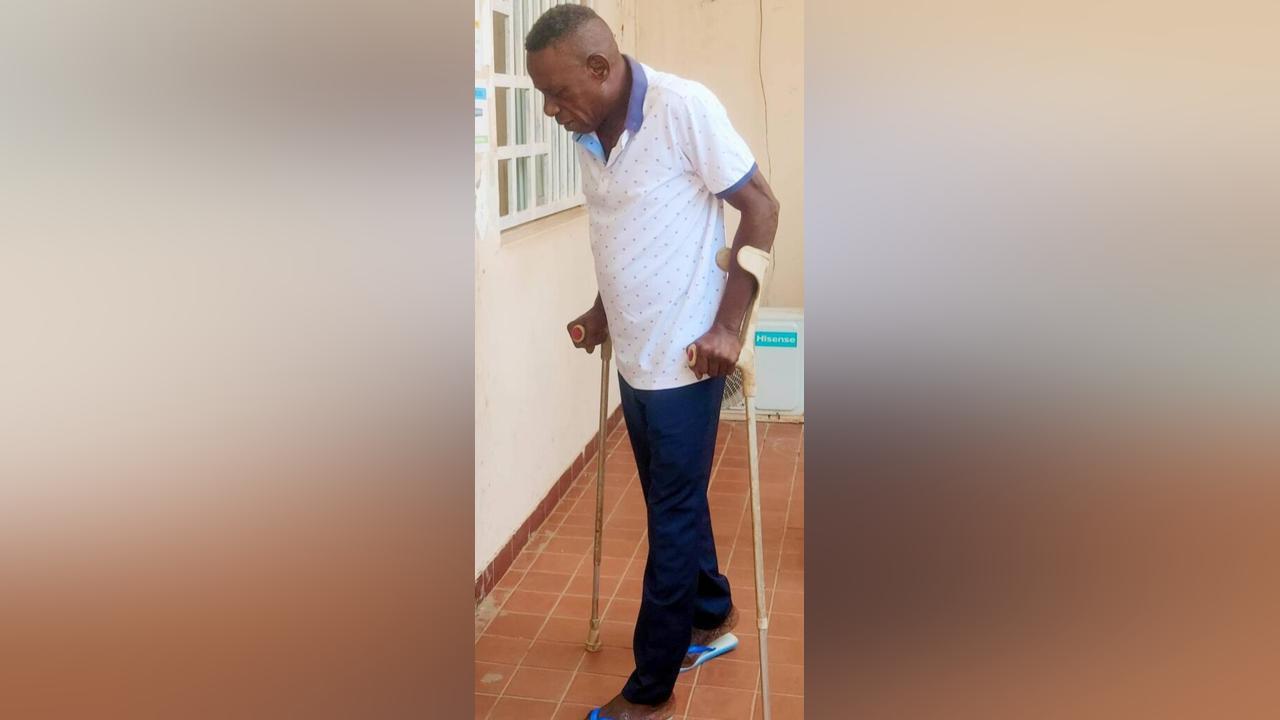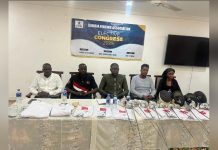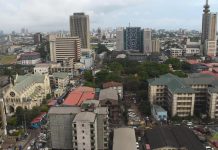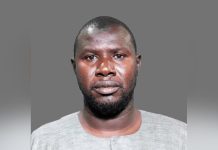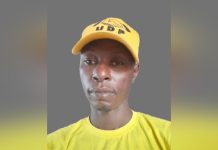Africa-Press – Gambia. The High Court, presided over by Justice Ebrima Jaiteh, has dismissed the bail application of former soldier Abdoulie Sanyang, who faces charges of arson and judicial interference.
Justice Jaiteh ruled that Sanyang’s medical condition, as outlined in a doctor’s report, did not meet the stringent statutory requirements for bail on medical grounds under the Criminal Procedure Act, 2025.
Sanyang, represented by Counsel Lamin J. Darbo, had sought either unconditional release or bail to receive specialized medical treatment abroad. His application cited the deterioration of severe spinal, rectal, and psychiatric conditions while in custody at Mile II Central Prisons.
The court’s decision was grounded in a strict interpretation of Sections 125(1) and 125(2)(a) of the Criminal Procedure Act, 2025, which set out three cumulative conditions for granting bail in serious, non-bailable offences such as arson:
The applicant must suffer from an illness or medical condition.
The illness must be confirmed and certified by a qualified medical practitioner from a government hospital.
The certification must explicitly state that adequate medical treatment is unavailable within the detention facility.
Justice Jaiteh acknowledged that Sanyang suffers from genuine health issues, including a post-surgical spinal disorder, rectal bleeding, and a mood disorder with depression. However, the court found that the medical evidence did not satisfy the third statutory condition.
The medical evidence was presented by Dr. Mustapha Bittaye, Chief Medical Director of the Edward Francis Small Teaching Hospital (EFSTH), who confirmed that Sanyang’s conditions are clinically stable, not life-threatening, and manageable within The Gambia. Dr. Bittaye testified that follow-up procedures for the spinal condition could be performed at EFSTH, gastrointestinal issues could be managed on an outpatient basis, and all necessary diagnostic procedures, including colonoscopies and endoscopies, were available locally. Although psychiatric evaluations recommended bail for continued follow-up, they also confirmed Sanyang is fit to stand trial.
Counsel Lamin J. Darbo argued that Sanyang’s reliance on crutches and inability to walk unaided demonstrated practical inadequacies in both the prison and medical systems. He emphasized that the psychiatric recommendation and the constitutional presumption of innocence should guide the court.
State Counsel S. L. Jobarteh countered that EFSTH reports showed Sanyang’s conditions are stable and treatable within the country, failing to meet the threshold of “exceptional circumstances” required for bail. Counsel Jobarteh further argued that the ultimate decision rests with the court, not the psychiatric staff.
In his ruling, Justice Jaiteh sided with the state, noting that while Sanyang’s plea carried a “persuasive humanitarian appeal,” the law requires certified evidence that adequate treatment is unavailable, rather than subjective observations of deterioration or perceived institutional inefficiency.
“The bail application is therefore dismissed, and the substantive criminal trial is to proceed,” Justice Jaiteh concluded.
For More News And Analysis About Gambia Follow Africa-Press

